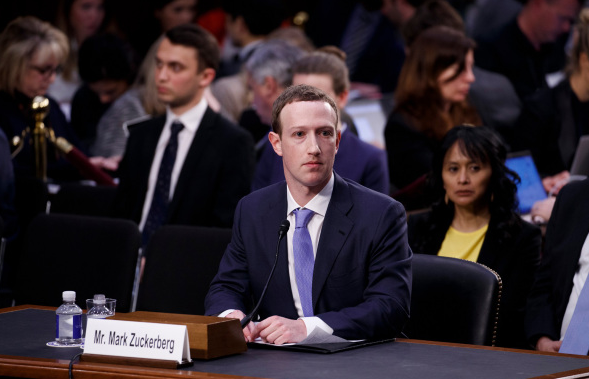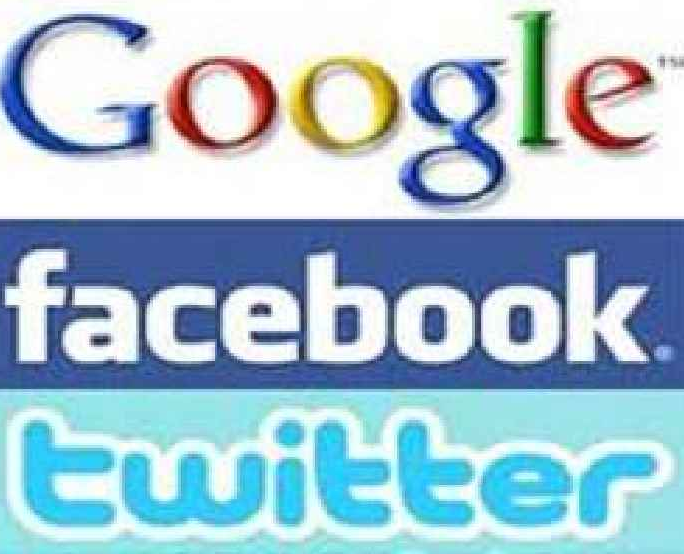And the Most Underreported Story of the Week Award Goes To…
…Changes to Terms of Service. You might have noticed those notifications popping up all over when you open certain sites, et al: Oath/AOL/Yahoo, Twitter, Periscope (“On May 25 we’re updating our Terms of Service and Privacy Policy. You can see our updated Terms here”). The list goes on. And Yes, The GDPR Will Affect Your U.S.-Based Business.
The EU’s General Data Protection Regulation go into effect next month
No such thing as a coincidence. We wondered why the tech press didn’t take notice.
Reads the Updates to Periscope’s Terms of Service and Privacy Policy: “We believe you should always know what data we collect from you and how we use it, and that you should have meaningful control over both. As part of our ongoing commitment to transparency, and in preparation for the new EU data protection laws that take effect next month, we’re updating Periscope’s Privacy Policy and Terms of Service and consolidating them into Twitter’s. We want to empower you to make the best decisions about the information that you share with us…




